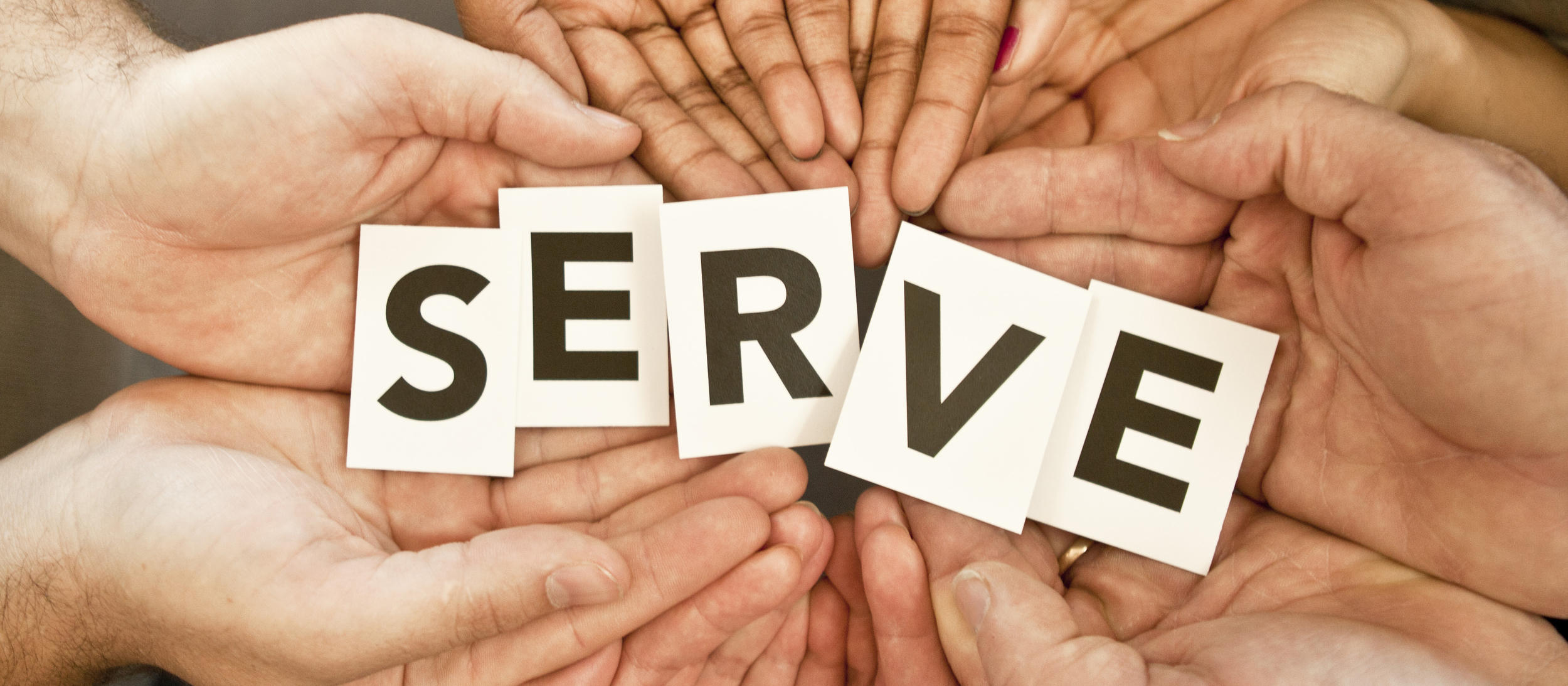Adapted from “Teen Spirit: Give and Let Live” by Lybi Ma, published on April 29, 2007 in psychologytoday.com
altruism |ˈaltro͞oˌizəm|
noun
the belief in or practice of disinterested and selfless concern for the well-being of others:
Did you know having a selfless spirit can actually make you happier and healthier? But, being selfless isn’t the easiest thing in a culture that highly promotes individualism. Being individualistic by no means is a bad thing, it’s actually a good thing!
However, making sure our individualism doesn’t cause self-centeredness can be a struggle. According to some leading research, the struggle is well worth it because being selfless makes kids happier and healthier; and they end up living a whole lot longer.
In Why Good Things Happen to Good People, those who do good have healthier hearts, are less depressed, have higher self-esteem, and are generally more successful. It's no surprise, then, that dynamic CEOs are commonly altruistic and giving. Contrary to the popular, unrealistic belief that the 1%ers don’t care, they DO!
In fact, according to one study that appeared in Psychosomatic Medicine, a healthy mental outlook is linked more to giving help than getting help. So, don’t want to see teen’s be the entitled, self absorbed, low self esteem, depressed model that seem so prevalent today… well lets start prodding them to get out and over themselves, and become more involved with others.
This can lead to a better life for them now and in the years to come. And if that wasn’t enough, here are a few more reasons:
- Teens who give tend to have good family relationships. Communication is less stifled, which in turn means less risky behavior such as substance abuse, alcoholism, and unsafe sex.
- Selfless young people are less likely to cry over what they don't have and more likely to feel grateful for what they do have. One study from the University of California at Davis showed that people who expressed gratitude felt better and functioned better physically.
- Altruistic youths tend to be socially competent and have higher self-esteem. Being giving requires confidence; reaching out to others is not for the timid or insecure.
- Giving younger people are more likely to be healthy in middle age. According to research from Wellesley College, benevolent kids will likely eat right, not smoke, exercise, and visit the doctor regularly later in life.
But how do you nurture a helping spirit in your kid? That can be tricky, especially when they tend to sleep until noon and break out in hives over picking up a broom. So here are a few ideas to get your teen off the computer or the couch:
- Be a role model. OUCH, it’s time to look in the mirror. If you do good, your kids will do good. Sometimes it can be as simple as being kind to others. Leaders first do themselves, what they ask others to do.
- Learning how to save a life can change your kid's life. Encourage your kid to become a lifeguard this summer. Or have him or her learn CPR. Knowing these basic skills can embolden a child.
- Suggest joining a tutoring group. If your kid excels in school, she can certainly help younger children learn good study habits, too. Watching a kid learn can be empowering in itself.
- Most schools have community service groups, from manning the local church soup kitchen to joining the Human Rights Coalition. Promote involvement in clubs that spark your teen's interest, you know, like Veritas Life Adventures!!!!
Oh that we might start seeing the youth today become the selfless heroes we all love seeing in the movies or hearing about once in a blue moon on the news.
Heroism comes in all sizes. Courageousness in the face of injustice is often hard to come by, but if your kid sees the popular bully taking down the meek fellow classmate, encourage him to stop the abuse—just by saying "hey, you can't do that here."
Philippians 2:3-4 3 Do nothing out of selfish ambition or vain conceit. Rather, in humility value others above yourselves, 4 not looking to your own interests but each of you to the interests of the others.

